The strike of a medical bill is quick. It’s sharp—a snake bite, a bee sting, a heart attack—before it lulls into a droning static, a white noise that just won’t fade away. The bills come in waves: One from the emergency room doctor who admitted you to the hospital, another from the cardiac specialist that monitored your chest, one more from the respiratory therapist that helped your body learn to breathe again.
The strike of a medical bill is quick. It’s sharp—a snake bite, a bee sting, a heart attack—before it lulls into a droning static, a white noise that just won’t fade away. The bills come in waves: One from the emergency room doctor who admitted you to the hospital, another from the cardiac specialist that monitored your chest, one more from the respiratory therapist that helped your body learn to breathe again.
Lest you forget the cost of the medication injected into your belly multiple times a day (that’s to prevent blood clots formed by laying in bed all day) or the saline drip constantly plugged into your arm.
When you want to terrorize yourself, you read each page of the itemized bill—it goes on for days. Debt is a terror that makes you go numb.
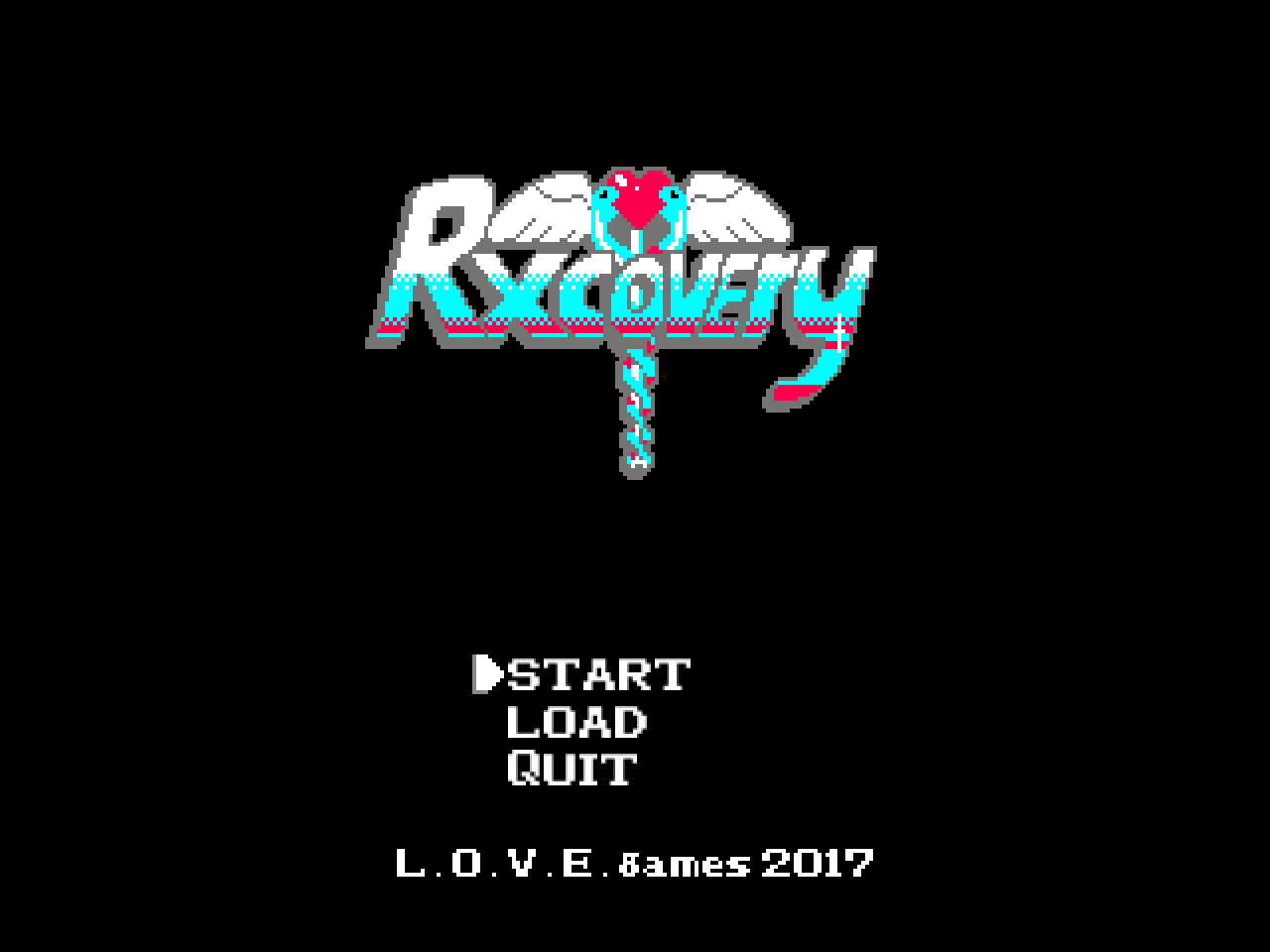
The day I booted up Rxcovery, I had received a surprise medical bill. It’d been months since the last one came in, less since I paid them off. The shock of the price was enough to frighten me, but there was a note next to an extra charge punched me in the gut. The hospital billed me extra for having “an immediate threat to life.” It’s a normal charge—hospitals classify patients by how much care they need, and I needed a lot.
This is the general idea of Rxcovery, albeit with a twist of fantasy and magic. A character—your character—wakes up in a hospital bed in critical condition. The hospital is real, but it’s also a dream. You wake up in a dream-state; your real-life body is in a coma. An android called Recovery meets you in your unconscious to help your, well, recovery. Your insurance doesn’t cover the cost of your care—you only have enough money to keep yourself alive for 30 minutes. But you can pay with a currency called DreamDollars, which, coincidentally, you can collect while unconscious. You need 400,000 of them to stay alive.
Rxcovery is a turn-based role-playing game created by Love Games’ Mitchell Hall. It only takes 30 minutes to play; you’ll work your way through the darkened labyrinthine hospital hallways in search of monsters to beat up. Sometimes you’ll find fellow patients to add to your roster, all while collecting the DreamDollars you need to keep your real world body alive. If you don’t get the cash before the 30 minutes are up, you die. If you get destroyed by the monsters, that’ll kill you, too.
Hall doesn’t have a solution for the American healthcare crisis, and neither do I. But he wants people to understand what this kind of anxiety is like—that’s what Rxcovery does.
“[Rxcovery] is to find common ground,” Hall said. “That’s where I wanted to start, to put you in the position of someone who’s struggling with this thing and get you to empathize rather than by making a really detailed political statement and proposing a solution. It’s just sort of to start there.”
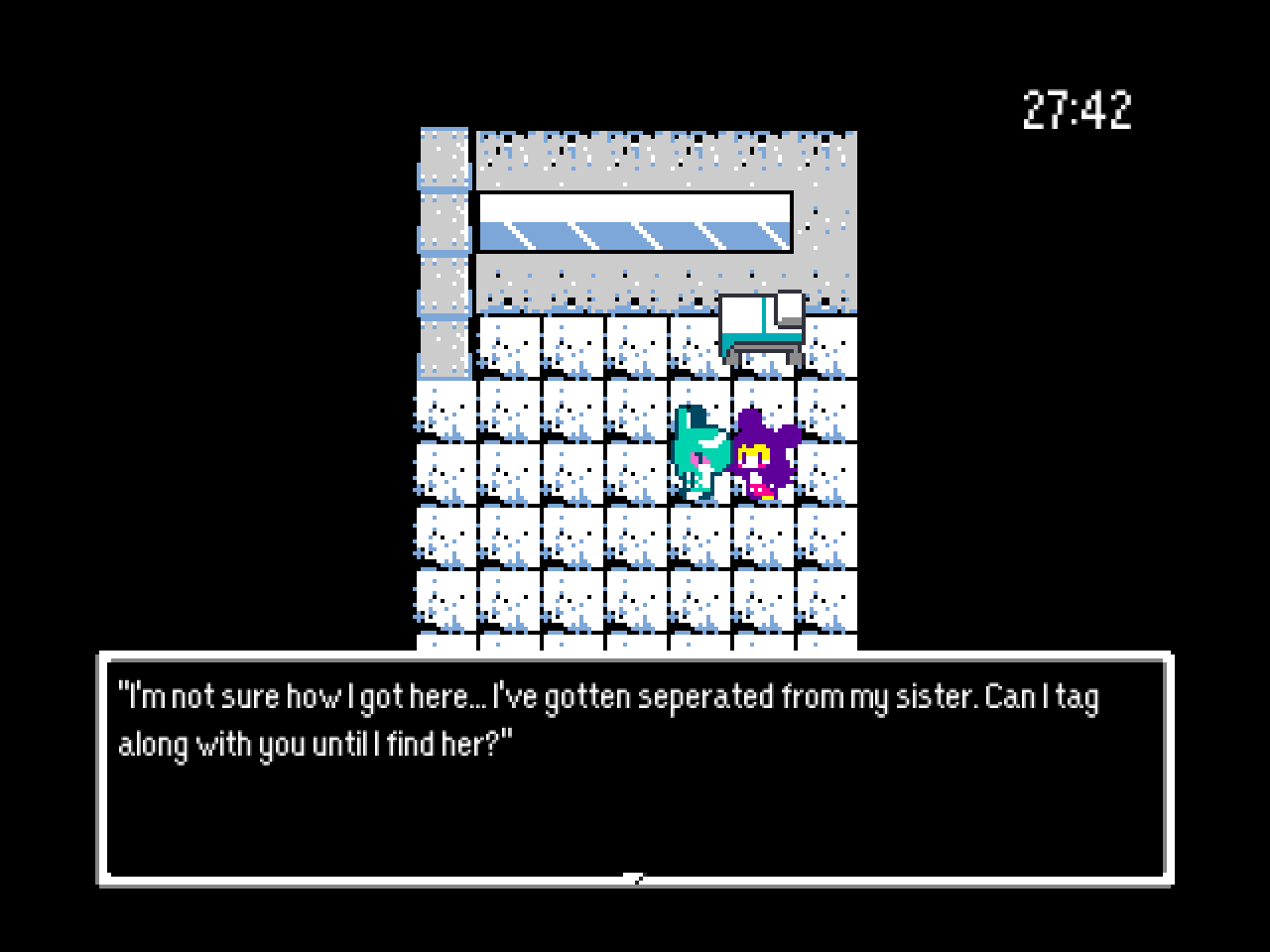
Games are an entryway into these sorts of ideas in an introspective way; players are able to experience a nuanced perspective rather than simply read about it. It may be something you could never feel in your lifetime, like the loss of a child to cancer in That Dragon, Cancer or what it’s like to live through the Syrian refugee crisis as in Bury Me, My Love.
Rxcovery is published on itch.io, a site specifically for small, indie game titles. It’s there that you’ll find other games that are also pushing past the idea of what a game does and what a game can say. Tiny games, some that will take just minutes to play, work in nuanced storylines that inform our world in intimate ways. Games, like art, are political. There’s no way around it—we don’t live in a vacuum.
Hall’s game isn’t an outward critique of the American healthcare system, though the theming certainly says otherwise. “There’s no escaping politics,” Hall told The OP. “Every piece of art is political. That’s just how it is.” They continued: “The hook just sort of came from my own anxieties about trying to pay for medical bills.”
Rxcovery’s looming timer, as mentioned by Kotaku, adds to the game’s intense feel. Each movement and decision matters—and like a hospital bill, it lingers over your head throughout the entire time. The timer sits on the top right corner of the screen as a reminder of your fate.
Hall, like me and many others, lives life with the constant hum of medical bills looming in the background—Rxcovery’s timer, with its tick downward, is a representation of that. “I had a broken tooth [fixed] and I’m still paying for it,” Hall said. “They’ve threatened to take me to collections once or twice, and it’s just… it’s a nightmare. You go in and you think you’re covered, then you’re not.”
Rxcovery is an amalgamation of Hall’s own experiences and the experiences of those like him. Doctors and hospitals are no longer a place of care and recovery, but of debt and fear. Roaming the halls, of Rxcovery’s hospital, with its scuffed floors and maze-like design, nurses and doctors are disfigured creatures. The monsters that stand in your way in Rxcovery are literal interpretations of the what faces you after you’ve recovered.
The game has a very real connection to Hall’s personal and professional life. You can play Rxcovery as if it’s a standard horror RPG, making moves turn by turn, upgrading your gear, and knocking down monsters. But what the game is implying about the American healthcare system is even scarier.
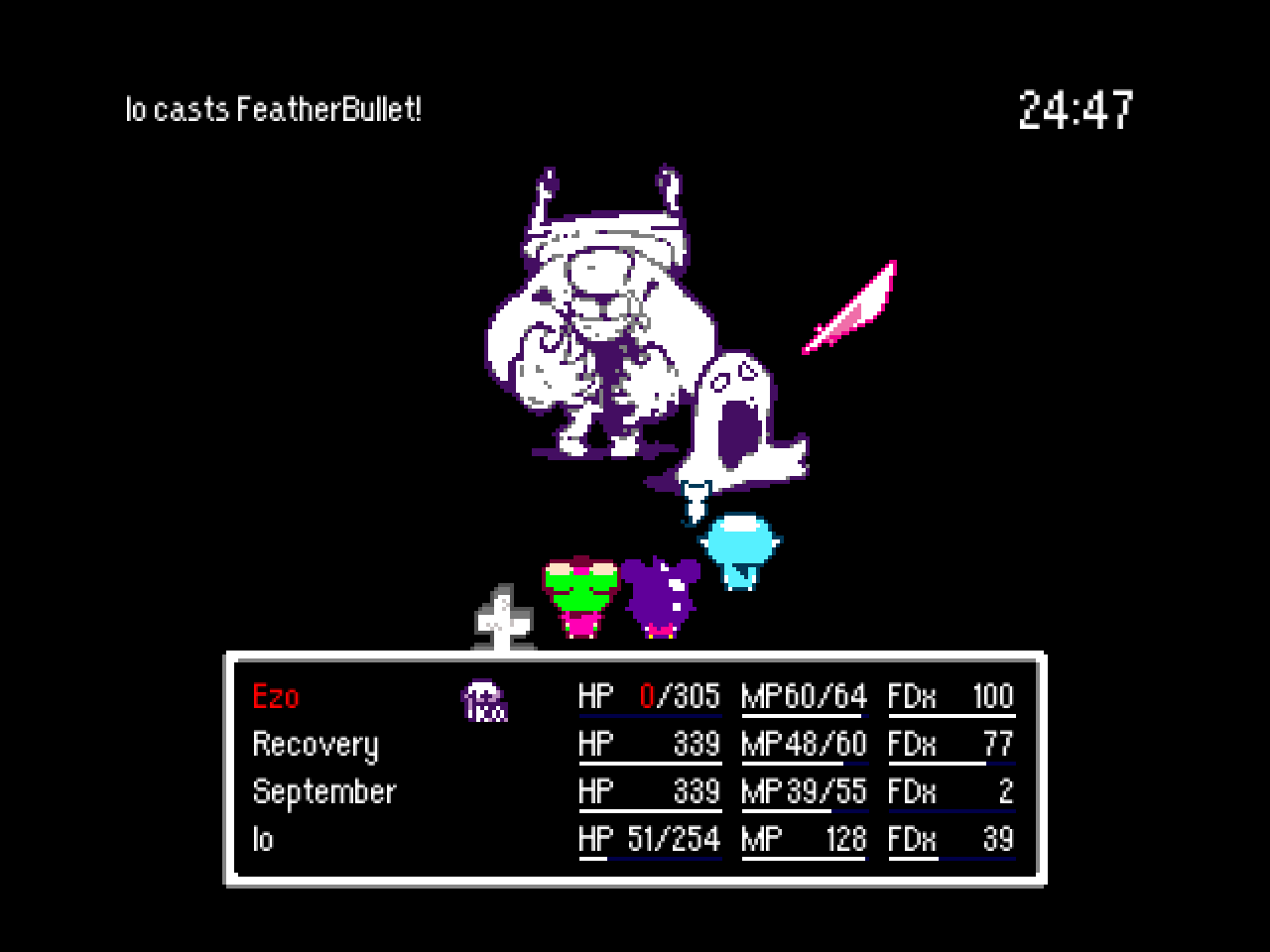
“I worked in hospitals and clinics and for a healthcare insurance company for much of my whole career,” Hall said. “I got to see a lot of this stuff firsthand. When I was processing claims for a health insurance company, I got to see how much these things actually cost, and how much [the company] is paying. I got to see someone pay, like, $60 for two antacid pills.”
Though the horror dreamland of Rxcovery is warped and fantastical, it feels shockingly familiar. Under the haze of medication and stunned with fear, the stark white walls of the hospital transcend the game. Sometimes, it felt like a game; my power-ups the masks that kept me breathing, or the drugs that took my pain away. The doctors and nurses often felt like enemies, drawing their needles as they approached my bedside.
I played Rxcovery through a few times, though not once did I make it to the end of the game. Time ran out before I was able to collect the 400,000 DreamDollars needed most times, though a few times I lost my life—and the lives of my pals picked up along the way—to the monsters that roam the hospital halls.
It often feels like healthcare is under attack. If it’s not the repeal of the Affordable Care Act, it’s what the tax bill could do to it. The terrors of Rxcovery could be more widespread than they already are. Rxcovery may not have the solution, but it’s important in its insistence to explore the reality of it all—within an alternate reality, of course.

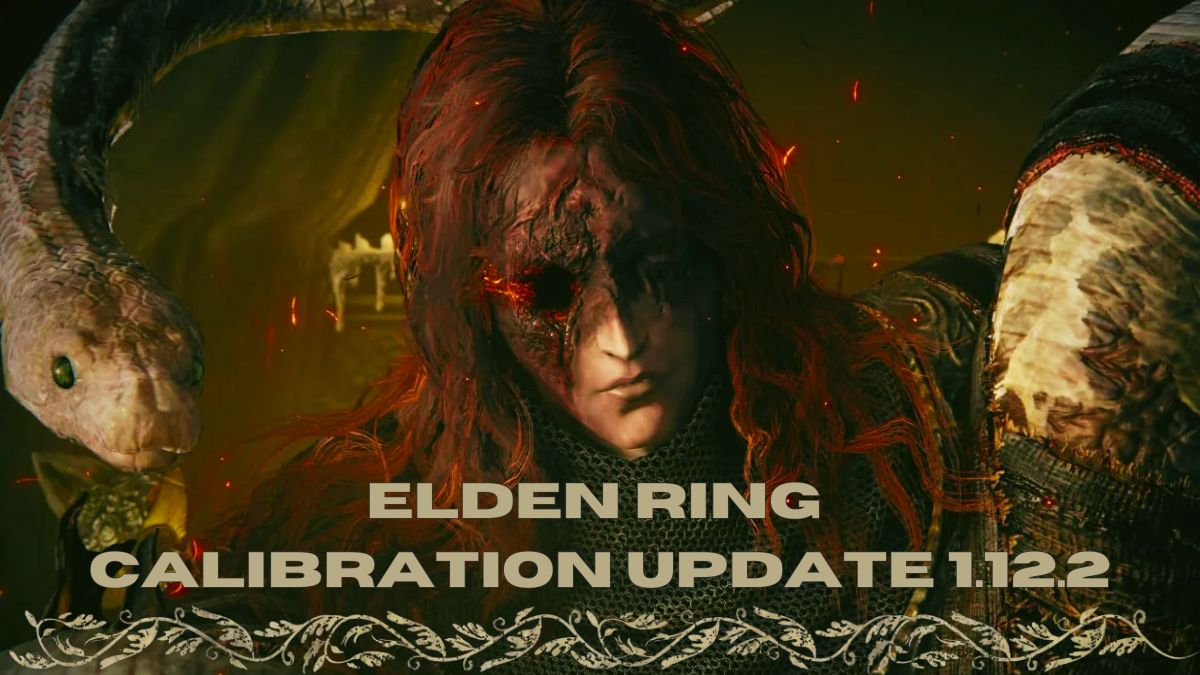

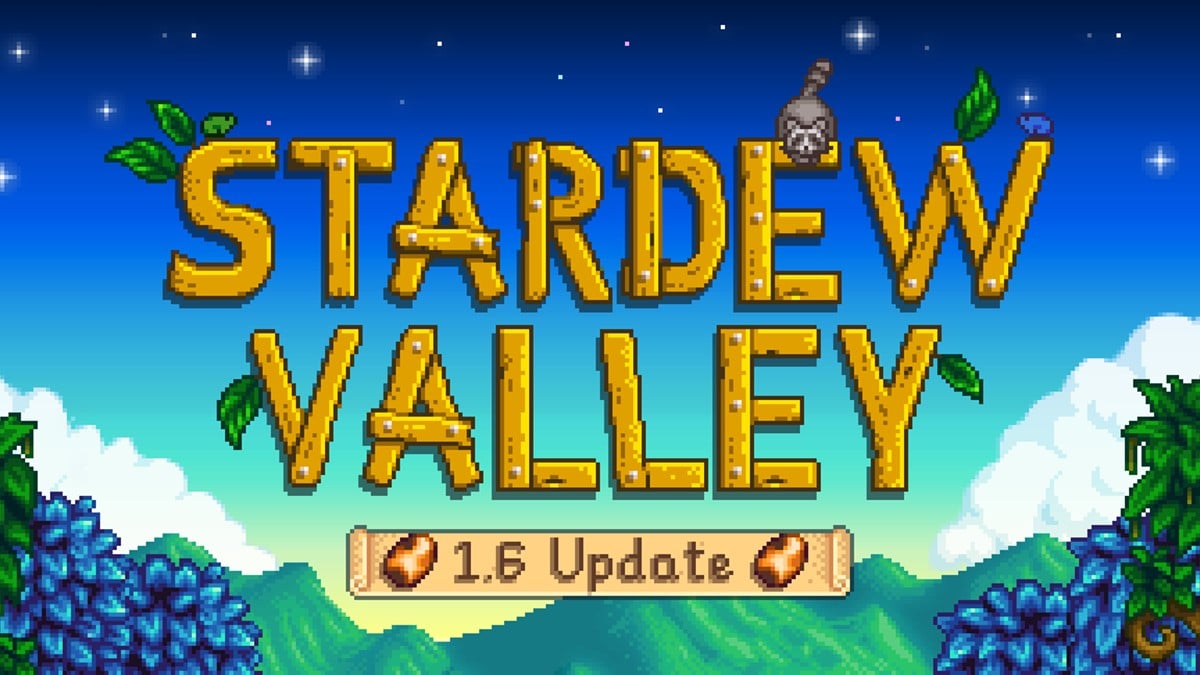


Published: Jan 15, 2018 08:49 pm